A few months ago I taught mindfulness at a local business. On that morning, I did final preparations for class, allowing little wiggle room in my schedule. I left with just enough time to arrive 15 minutes early. I got in the van (we're a one-car family) and noticed the gas tank was empty—completely empty. My first thoughts: "Argh! What was Mark thinking? He knew I had an important meeting. I rarely use the car and this is what happens. Now I'll be late."
Poof—mindfulness gone.
Right away I went to blaming and judging. In my rush, kindness was lost. And this was eye-opening. At that particular moment, I regained my composure, forgave Mark, forgave myself, and moved forward. Yet I saw how easy it was to make a different choice: to stay angry or deny responsibility. Either of these would lead to more suffering—for me and everyone around me.
In a strange way, our culture values busyness. We pack our schedules, allowing little free time for life to happen—for empty gas tanks, long lines, sick days, unexpected repairs, or genuine emergencies. When life feels urgent, important things get lost. We lose kindness, creativity, and compassion. We lose the ability to listen deeply or see anew. We lose faith in ourselves and connection with others. We might do more, but we experience less.
A meditation teacher once asked me two questions: What is most important and what is enough? Thoughtful answers to these questions guide my daily choices. Even small simplification lets my life flow more freely. When I understand what's most important, I invite presence and connection. When I know what's enough, I make room for forgiveness. And when I'm mindful, I stay open to possibility.
Even as busyness swirls around us, we can make different choices. We can practice peace and spread kindness. We can be the change we want to see.


